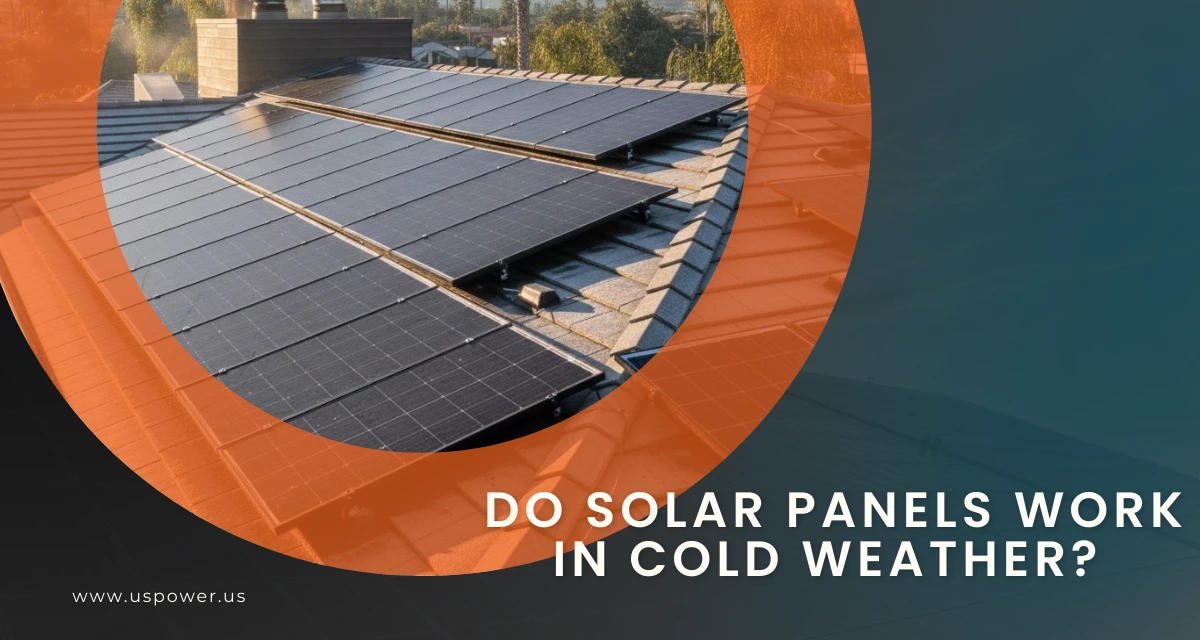How Long Can a Solar Battery Power a House?

Solar and Roofing Advisor
Learn how long solar batteries can keep your home running during outages. Discover why solar + storage is ideal for Southern California homeowners.

Power outages are becoming more common across California, leaving many homeowners wondering: Can a solar battery really keep my home running—and for how long?
The answer isn’t one-size-fits-all. A solar battery’s runtime depends on your system size, your energy usage, and whether your panels can recharge it during the day. Still, even a modest battery setup can provide meaningful peace of mind and energy security for your family.
Key Factors That Determine Solar Battery Runtime
1. Battery Size (Capacity in kWh)
Most residential solar batteries store between 10–20 kilowatt-hours (kWh) of electricity.
- A 10 kWh battery can keep essential appliances—like a refrigerator, Wi-Fi, and lights—running for about 24 hours if used conservatively.
- Larger systems, such as a 20 kWh setup, can provide 2–3 days of backup under light to moderate usage.
2. Household Energy Consumption
The more devices and appliances you run, the faster your battery drains. Air conditioning, pool pumps, and electric heating are some of the biggest energy hogs. On the other hand, sticking to essentials—lighting, refrigeration, phone charging—can stretch a battery much longer.
3. Solar Panel Output During the Day
One of the biggest advantages of pairing batteries with solar panels is that your system can recharge itself when the sun is shining. That means your battery isn’t just a one-time backup—it can cycle day after day, offering far greater resilience than a gas generator.
4. Smart Load Management
By being selective about which appliances you power during an outage, you can dramatically extend your runtime. Prioritizing food preservation, communication devices, and safety lighting while skipping non-essentials makes a huge difference.
How Long Will a Solar Battery Actually Last?
Here’s a quick breakdown of how different battery sizes might perform in real-world scenarios:
| Battery Size | Small Home (1–2 people) | Medium Home (3–4 people) | Large Home (5+ people) |
|---|---|---|---|
| 5 kWh | 10–12 hours | 5–6 hours | 3–4 hours |
| 10 kWh | 20–24 hours | 10–12 hours | 6–8 hours |
| 15 kWh | 1.5–2 days | 15–18 hours | 9–12 hours |
| 20 kWh | 2–3 days | 1–1.5 days | 12–18 hours |
With two Tesla Powerwalls (13.5 kWh each), many California households can stay powered for two full days, especially if paired with solar panels that recharge daily.
Why Solar Batteries Make Sense in Southern California
Southern California homeowners face rising utility rates, frequent outages, and strict time-of-use (TOU) billing. Solar batteries help solve all three challenges by:
- Providing backup power during outages.
- Shifting your energy use to avoid expensive peak-hour rates.
- Maximizing solar savings by storing excess daytime energy for evening use.
Unlike gas generators, solar batteries are silent, clean, and can recharge indefinitely when paired with panels. That makes them a future-proof investment for SoCal families who want true energy independence.
Your Battery, Your Backup Plan and US Power
How long your solar battery lasts depends on your home’s energy needs—but even a single 10 kWh unit can provide meaningful backup for a day or more. With the right system design, solar + battery storage can protect your family from blackouts, lower your utility bills, and give you the energy security you deserve.
Ready to Explore Solar + Battery Options?
At US Power, we design custom solar and storage systems that fit your household’s unique needs—so you’ll know exactly how long your home can stay powered during an outage.
Contact us today to schedule a FREE CONSULTATION and see how much peace of mind solar + storage can bring to your Southern California home.
Frequently Asked Questions
Related Articles
Our Related Blogs
Do Solar Panels Work in Cold Weather? What California Homeowners Need to Know
Cold weather boosts solar efficiency. CA homeowners: maximize year-round savings.
What Qcells’ Expansion Means for Solar in California
QCells’ growth brings more options and efficiency for homeowners going solar.
QCells vs Canadian Solar: Which Panels Are Worth It in 2026?
Both have great reviews, the other cost more. Which solar panel is actually worth it?








We empower communities and businesses to harness clean, renewable solar energy solutions that drive sustainable growth.
Ready to Own Your Power? Call us today!
818-650-8010
Copyright © 2025 US Power - Axia by QCells. All Rights Reserved.
Privacy is important to us, so you have the option of disabling certain types of storage that may not be necessary for the basic functioning of the website. Blocking categories may impact your experience on the website.
Essential
These items are required to enable basic website functionality.
Personalization
These items allow the website to remember choices you make (such as your user name, language, or the region you are in) and provide enhanced, more personal features.
Marketing
These items are used to deliver advertising that is more relevant to you and your interests.
Analytics
These items help the website operator understand how its website performs, how visitors interact with the site, and whether there may be technical issues.
We and our third-party partners use cookies and other technologies to enhance and track your experience on this site, conduct analytics, and personalize marketing to you. By using the site, you agree to our use of these technologies, including recording and monitoring your interactions with the site.
Get an instant solar estimate using satellite!









